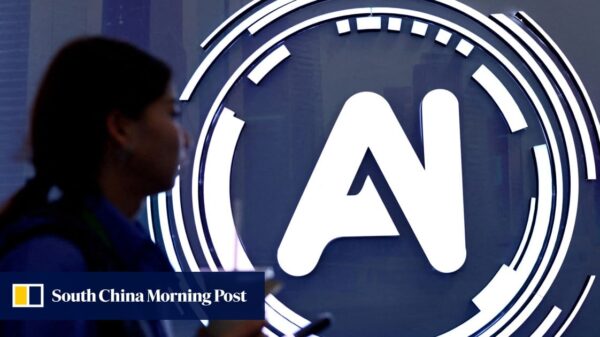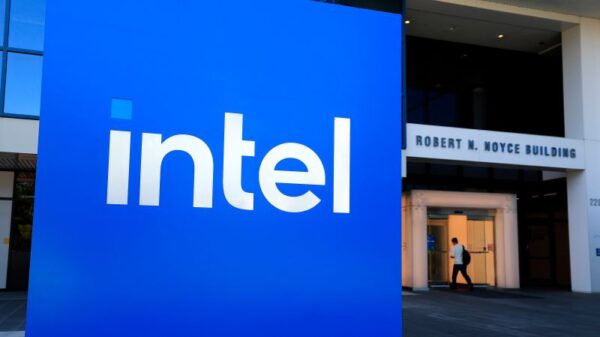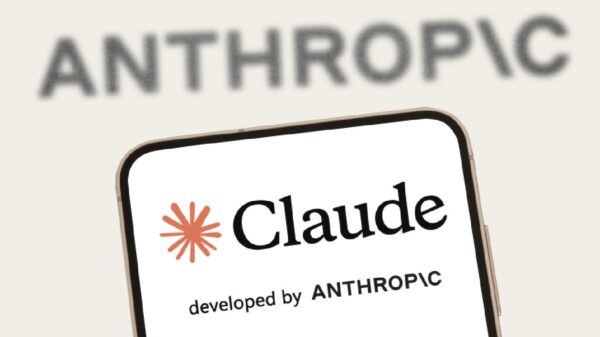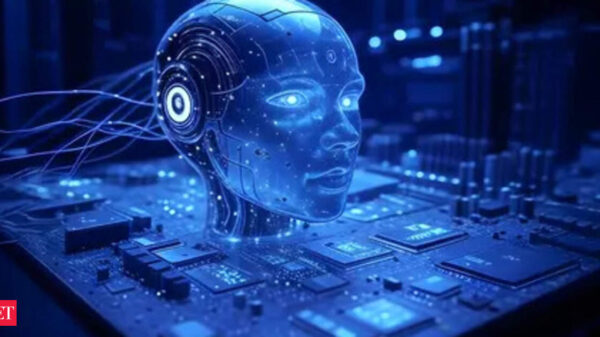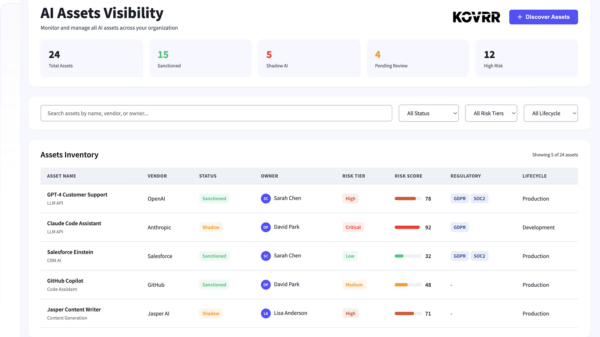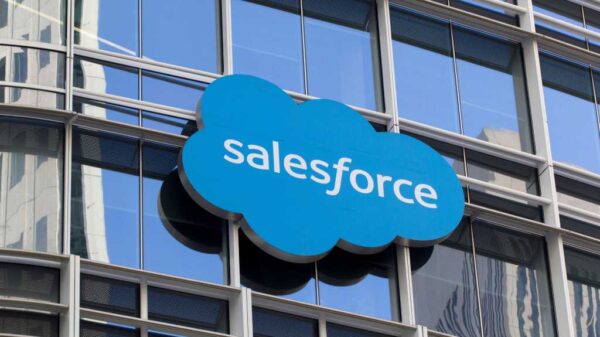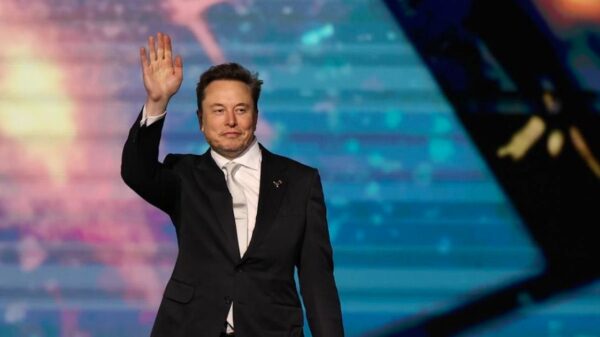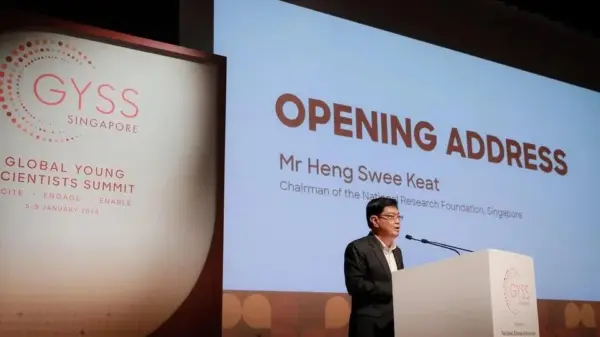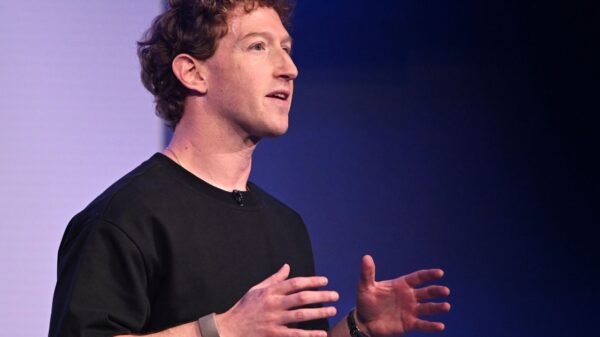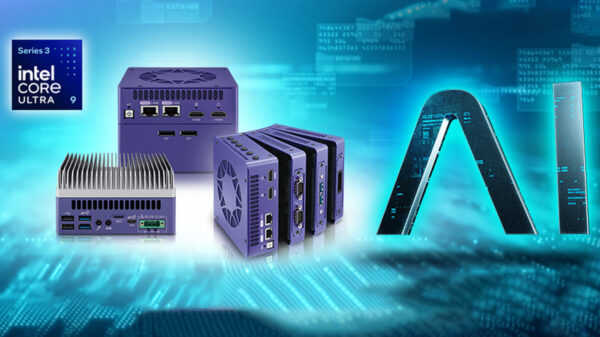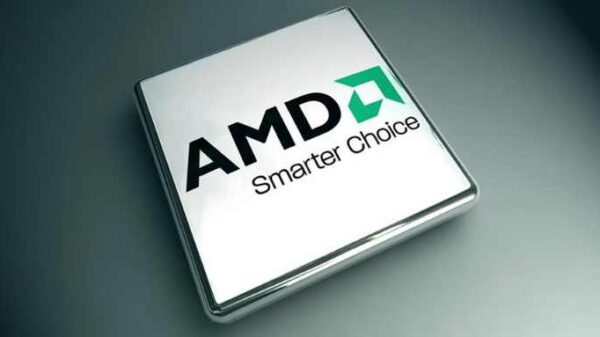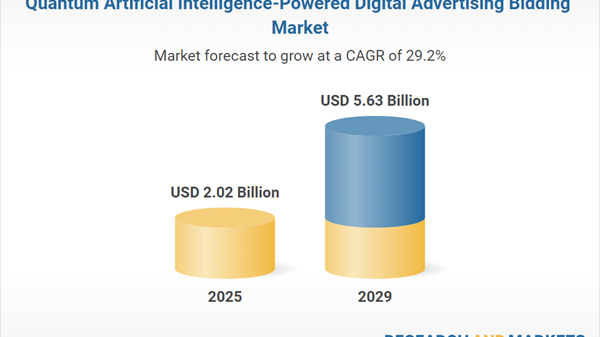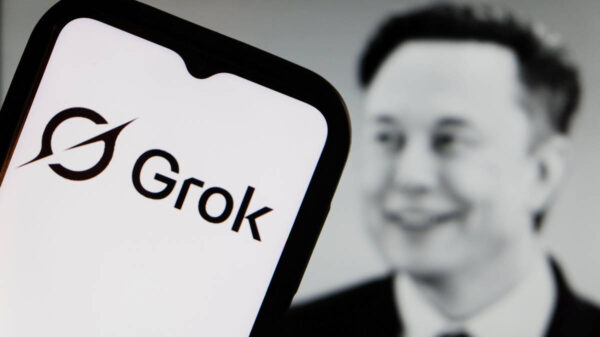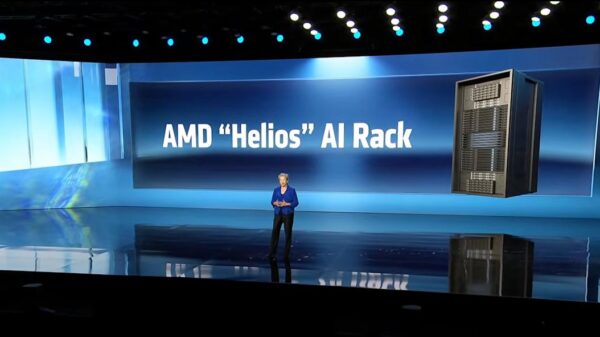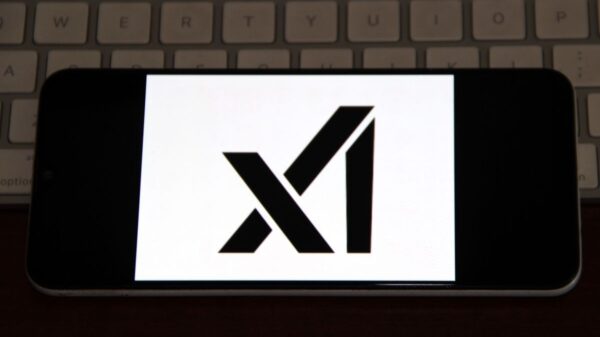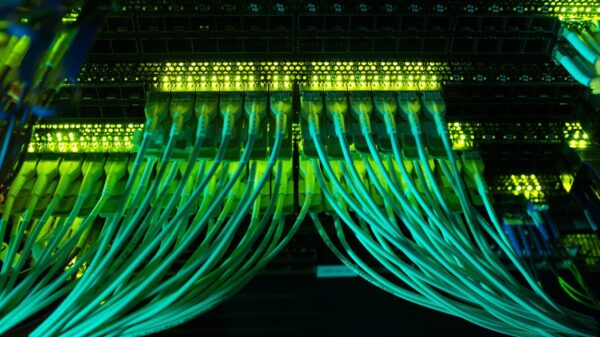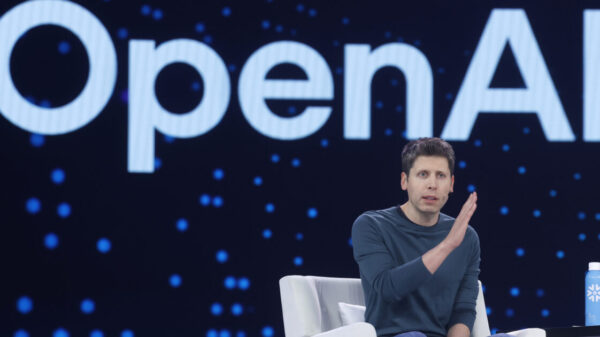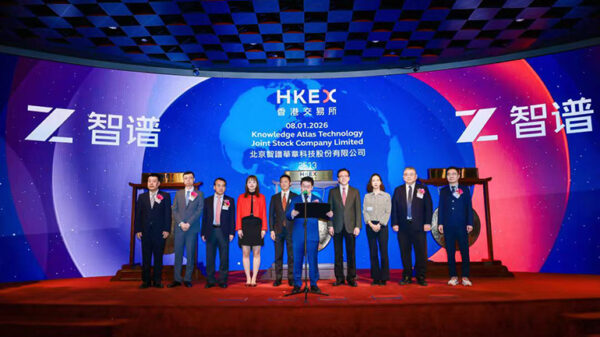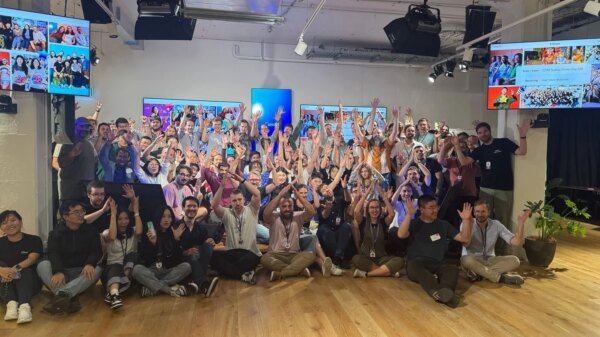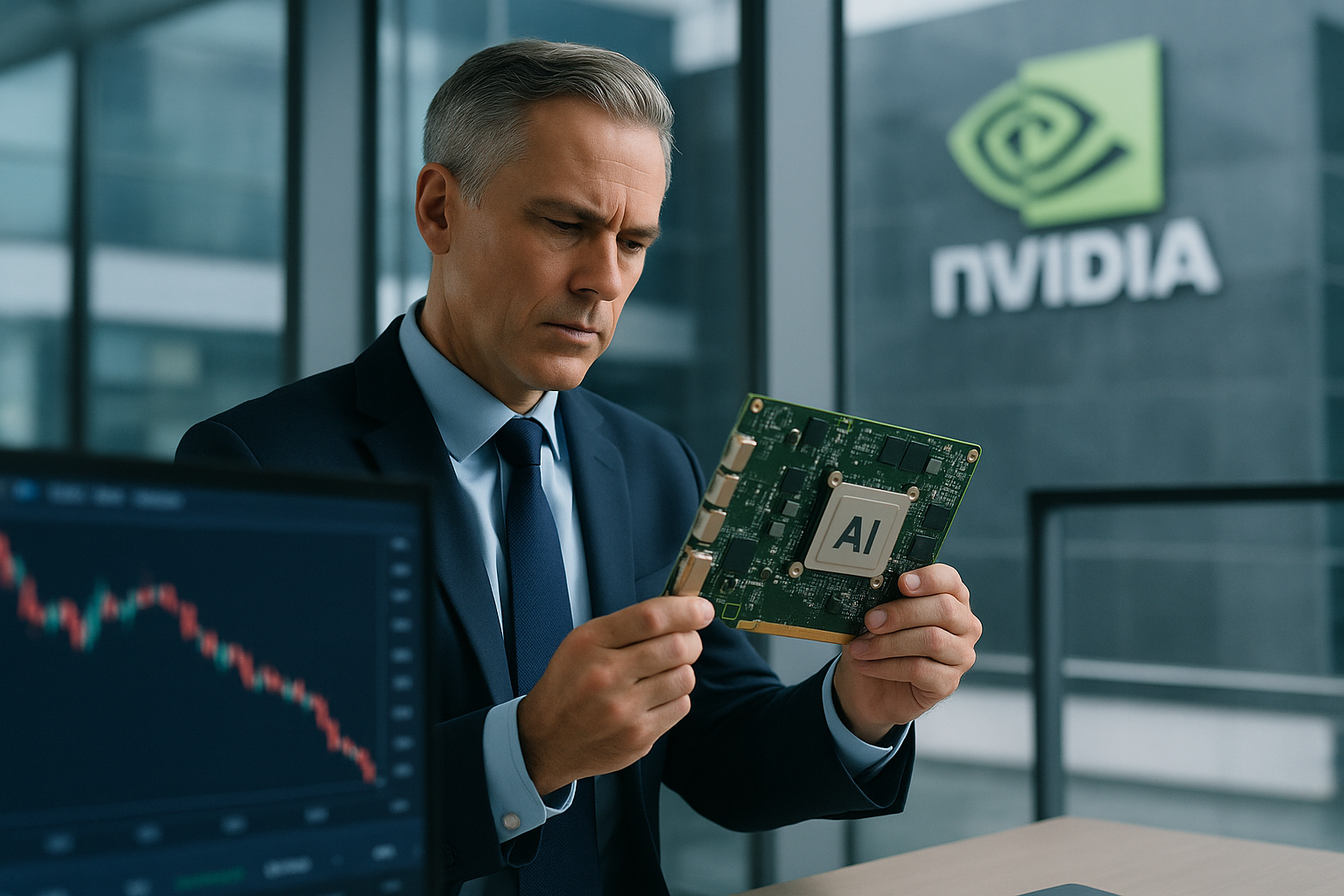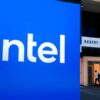In a surprising turn of events, three prominent investors — billionaire Peter Thiel, SoftBank, and Mike Burry — have decided to divest from Nvidia, a key player in the artificial intelligence (AI) sector. Nvidia’s stock has been a focal point of investor interest, peaking with a market cap exceeding $5 trillion before experiencing a recent downturn. Currently, Nvidia constitutes about 8% of the total value of the S&P 500 index, with a reported net income increase of over 580% in 2024 compared to 2023.
The question on many minds is: why sell now? Some market analysts draw parallels to the speculative environment of the 1995 market, often characterized by uncertainty and potential downturns.
On Monday, Thiel’s hedge fund disclosed the sale of its entire Nvidia stake — 537,742 shares valued at approximately $100 million as of September 30. This news arrived just three days before Nvidia’s upcoming financial results, causing unease among investors already wary about AI investment returns.
In addition, SoftBank announced plans to sell Nvidia shares worth $5.8 billion. Earlier this month, Burry, famous for his role in “The Big Short,” revealed his fund had acquired options on Nvidia and Palantir, anticipating a fall in their stock prices.
Investor Perspectives on AI’s Future
While the motives behind these divestments vary, they indicate a shift in sentiment regarding Nvidia and the broader AI market. SoftBank, which has previously shown strong support for AI investments, appears to require liquidity to facilitate a nearly $23 billion investment in OpenAI, thus justifying its decision to lock in profits from Nvidia.
In contrast, Burry’s stance is markedly more skeptical. He expressed concerns on X, stating that significant players in the industry “underrate the durability” of Nvidia’s products, suggesting they can quickly become outdated and adversely affect profitability. Meanwhile, representatives for Thiel did not respond to inquiries, though he has previously characterized AI as “overhyped” and not a complete transformation of society.
The timing of these sales during a quarter wherein Nvidia briefly surpassed a $5 trillion valuation may not be coincidental but certainly adds to the unease on Wall Street.
“I think we are at a tipping point for this bubble,” stated Mike O’Rourk, Chief Market Strategist at JonesTrading.
“I don’t pay too much attention to the exact timing of people on this; but I believe there has been a shift in how this industry is perceived and in the understanding of future growth,” commented Paul Kedrosky, partner at SK Ventures.
Despite these recent developments, Nvidia remains a cornerstone of the AI economy. Its future trajectory will largely depend on how well the market can assess actual demand and the pace of technological innovation in the upcoming quarters.
Correction: An earlier report inaccurately stated the amount Burry spent on options. In reality, he invested $9.2 million.
See also Adobe Acquires Semrush for $1.9B to Enhance AI Marketing Tools and SEO Capabilities
Adobe Acquires Semrush for $1.9B to Enhance AI Marketing Tools and SEO Capabilities AI Integration in Marketing Boosts Customer Engagement by 30% Through Automation
AI Integration in Marketing Boosts Customer Engagement by 30% Through Automation Adobe Acquires Semrush for $1.9B to Transform AI Marketing with SEO Integration
Adobe Acquires Semrush for $1.9B to Transform AI Marketing with SEO Integration People.ai Appoints Kimberly Gordon as SVP Marketing and Promotes Natalie Wolf to Chief Customer Officer
People.ai Appoints Kimberly Gordon as SVP Marketing and Promotes Natalie Wolf to Chief Customer Officer Shernaz Daver Exits Khosla Ventures After Transforming AI Investment Strategy
Shernaz Daver Exits Khosla Ventures After Transforming AI Investment Strategy
